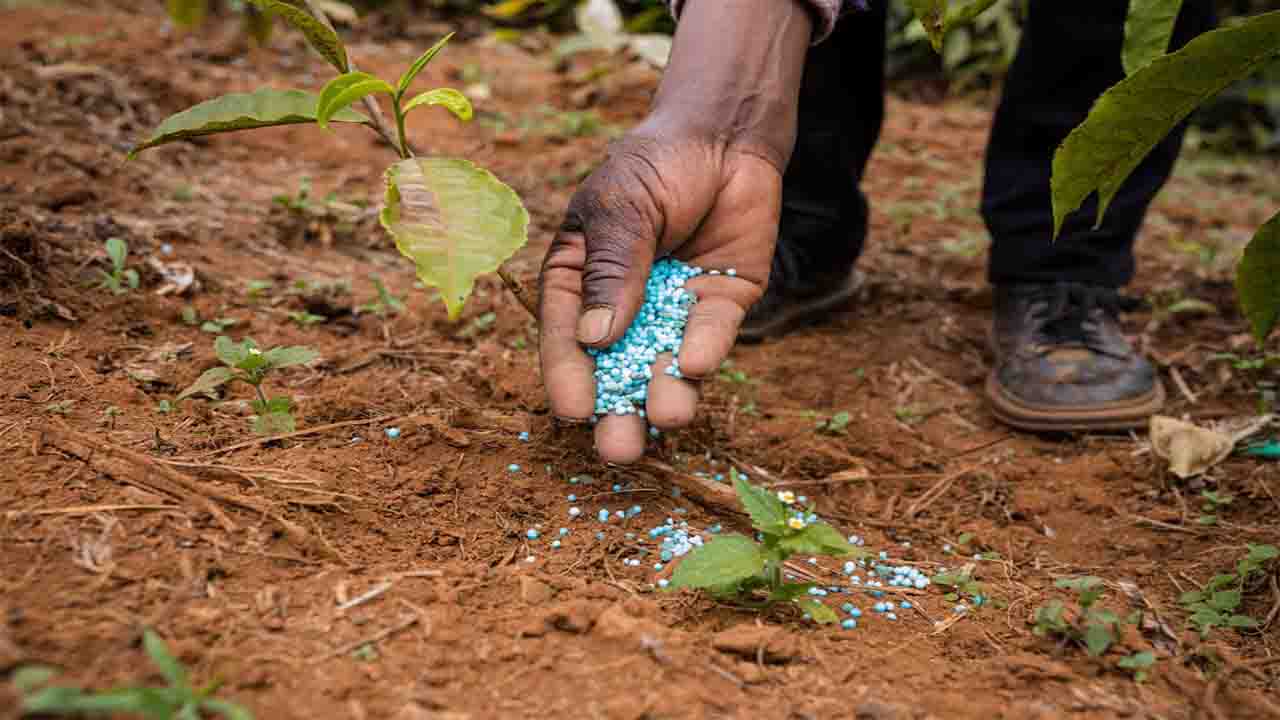‘By P. Sarojini’
Chennai, India (CWBN)_ Psoriasis is a chronic, autoimmune inflammatory skin disease which leads to dry red itchy patches on the skin. It is a chronic condition which repeats on regular basis. The itchy condition remains for a few weeks and then, subside for a while. The winter seasons can worsen the psoriasis symptoms due to cold winds and low humidity. During the winter, the low humidity will extract the moisture from the skin and makes it drier, resulting in severe itchy conditions. World Psoriasis day is marked on October 29 every year. Several awareness programs and activities are conducted on this day across the world to guide the people on how to deal with this disease.
With the winter season arriving, the dermatologists (skin doctors) have advised some tips to be followed. The doctors said that understanding the disease well and acting accordingly will improve the condition. The factors such as diet, sleep, stress, climate, emotions, medications, cosmetics, fabrics, etc, will have their impact on skin. Hence, these factors have to be considered by the people with psoriasis, especially during the winter.
Some of the Psoriasis control measures for the winter seasons have been shared by the dermatologists.
The doctors advise you to apply moisturiser to prevent dryness and itching. Maintaining the skin moisture will help overcome dryness. Using a moisturising soap for bathing and applying moisturiser twice a day will hydrate your skin. The doctors advise using products containing urea or salicylic acid as they remove dry skin build up in affected areas. It is advisable to avoid long showers in hot water as it will remove the moisture from your skin. Bathing in luke-warm water and avoiding long showers and applying moisturiser immediately after shower will help prevent skin dryness. Avoiding room heaters and using humidifiers indoors will help retain moisture in the air as well as skin.
Wearing soft cotton clothes and avoiding fabrics like synthetic fibers and wool, which may cause irritation to the skin, is one of the preventive measures to control the disease. Research says that regular exposure to sunlight can reduce psoriasis symptoms. This will help maintain sufficient levels of vitamin D in the skin which prevents psoriasis flare-ups.
The doctors say that your diet plays a major role in managing your psoriasis effectively. Taking omega-3 fatty acids in your diet will nourish your skin and reduce skin inflammation as well. The foods such as flaxseeds, sunflower seeds, pumpkin seeds, walnuts, almonds and fatty fishes are rich in omega-3 fatty acids. Additionally, drinking more water will hydrate the body and retains moisture in the skin.
One of the potential triggers for the psoriasis is stress. By reducing your stress levels, you can reduce the symptoms. Avoid works that make you stress and do regular yoga, meditation, simple exercises and other relaxation practices to avoid stress and to keep your mind peace.
Finally, if you find your psoriasis getting severe in winter, you can consult your doctor to better manage your disease. Consider contacting a doctor at first, apart from your self-medications. By following the above guidelines, you can well manage your psoriasis in the winter season.
















